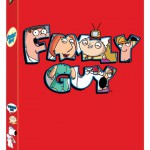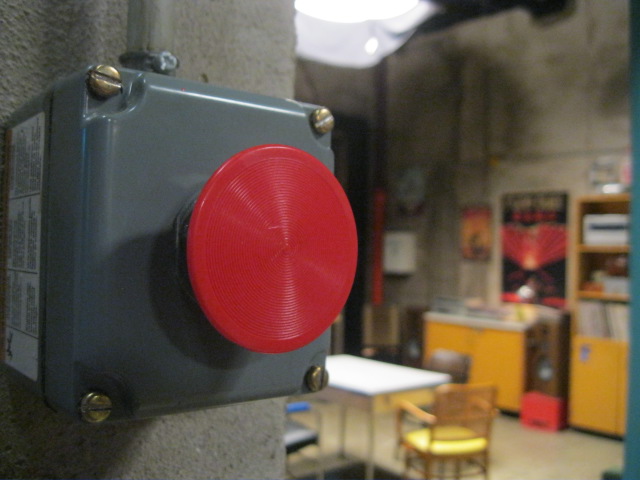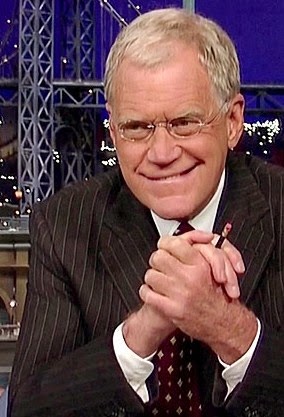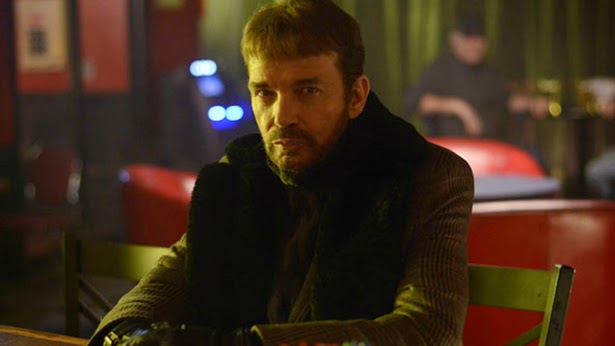 Show a teen a documentary on the ’60s and you get the usual, “Peace out, man.” Show them Chicago 10 and get them hooked.
Show a teen a documentary on the ’60s and you get the usual, “Peace out, man.” Show them Chicago 10 and get them hooked.
Brett Morgen’s clever and compelling documentary kicks off another season of Independent Lens tonight at 9 p.m. on most PBS stations. (Note to Toronto area readers: Buffalo affiliate WNED–always the renegade–doesn’t have it, although Rochester’s WXXI does; check local listings in your area.)
It has already been a festival favorite for more than a year, but if you haven’t seen it yet, now is the time. Here is the trailer for the theatrical release of the film. It is a good sample of the dazzling mix of media on display:
I screened Chicago 10 for my two teens–ages 15 and 18–this summer. It is two hours long. They watched it three times. That’s right up there with Pirates of the Caribbean.
First off, it is a hell of a story. It is America’s nightmare year, 1968. The youth movement is taking it to the streets to protest the Vietnam War and the policies of U.S. president Lyndon Johnson. That horrible, violent summer, it all spills out at the Democratic convention in Chicago, where police in riot gear, acting under orders from no-nonsense mayor Richard Daley, go to war against an organized collection of hippies, “Yippies” (members of the then newly-formed Youth International Party) and others.
Then there is the cast: the “revolutionaries” are led by disaffected academics, spearheaded by Yippie leaders Abbie Hoffman and Jerry Rubin and renown pacifist David Dellinger. Future senator Tom Hayden and Black Panther leader Bobby Seale get drawn into the fray. In all, eight are charged and stand trial for conspiracy in Chicago. Their two lawyers, William Kunstler and Leonard Weinglass, were both charged with contempt during the trial–hence the title “Chicago 10.”
They were a loud, brash, kooky, subversive, edgy, colourful bunch. Hoffman, in particular, seemed bent on the group being fools for social justice. “It’s all conceived as a total theater, with everyone becoming an actor,” he said of the Chicago protest.
Poet Allen Ginsberg, called as a witness at the trial, was one with the cause. He credited Hoffman with seeing that “politics had become theater and magic, basically, that it was the manipulation of imagery through the mass media that was confusing and hypnotizing the people in the United States, making them accept a war which they really didn’t believe in.”
If you see any parallels with the wars in Afghanistan and Iran, well, exactly. This movie shows that there was a time when America was mad as hell and not going to take it anymore. It makes you wonder why old dudes like David Letterman are the ones raging on Bush and McCain today. Are kids this century too into Wii to fight for us? Is a goof on Colbert or The Daily Show or a subtle SNL swipe at Sarah Palin enough for college audiences today?
Morgen, who directed the brilliant Robert Evans doc The Kid Stays in the Picture, tries mighty hard to bring modern audiences into this theatre of social revolution. He weaves even more multi-media tricks into this mix. Most effective is the use of animation and voice actors to re-create the courtroom scenes; there are 35 minutes of actual trial dialogue in the picture, and none of it is boring.
Hoffman, who took his own life in 1989, was a born cartoon character. Fitting, then, that he is represented by Simpsons‘ voice ace Hank Azaria (who also speaks for Ginsberg). Nick Nolte (as radical leader Thomas Foran), Mark Ruffalo (as Rubin), Roy Scheider (as cantankerous judge Julius Hoffman), Liev Schreiber (as Kunstler), Jeffrey Wright (as Seale) and Dylan Baker (as Dellinger) are all excellent. The gritty style of the motion capture animation (by Curious Pictures), which looks more like those dark, modern, illustrated novels, could not be more appropriate. Check out another clip:
Cutting between actual footage from the times–the riots in the streets, the bayonet-swinging cops, shots of defiant Daley–drives the story to a fever pitch. It rocks, too. The soundtrack explodes with angry rock and rap, music from today and not the ’60s. “I wanted the music to feel contemporary—the soundtrack of my audience’s lives, not their parents,” said Morgen in the PBS notes on the movie. It sure worked for my kids, who were locked on this story like it was happening now.
I can’t recommend Chicago 10 enough. This is one history lesson that should be in every classroom, a rare AV aid that won’t put anybody to sleep. Sad, triumphant, funny, scathing, it is a powerful story, powerfully told.

Prev Post

Next Post





3 Comments
For those in the affected areas who can’t see Chicago 10 on TV, the movie is available on DVD from Paramount Home Video. It’s been available since August.
It’s actually Dan Castellaneta who voices Homer. Azaria does Apu, Chief Wiggum, Comic Book Guy, Moe, Professor Frink, Snake, Cletus, and numerous others.
My mistake, Dennis, brain cramp on Azaria, I’ll fix the voice ref, thanks.
Thanks for the tip Bill. I was glued to this last night.